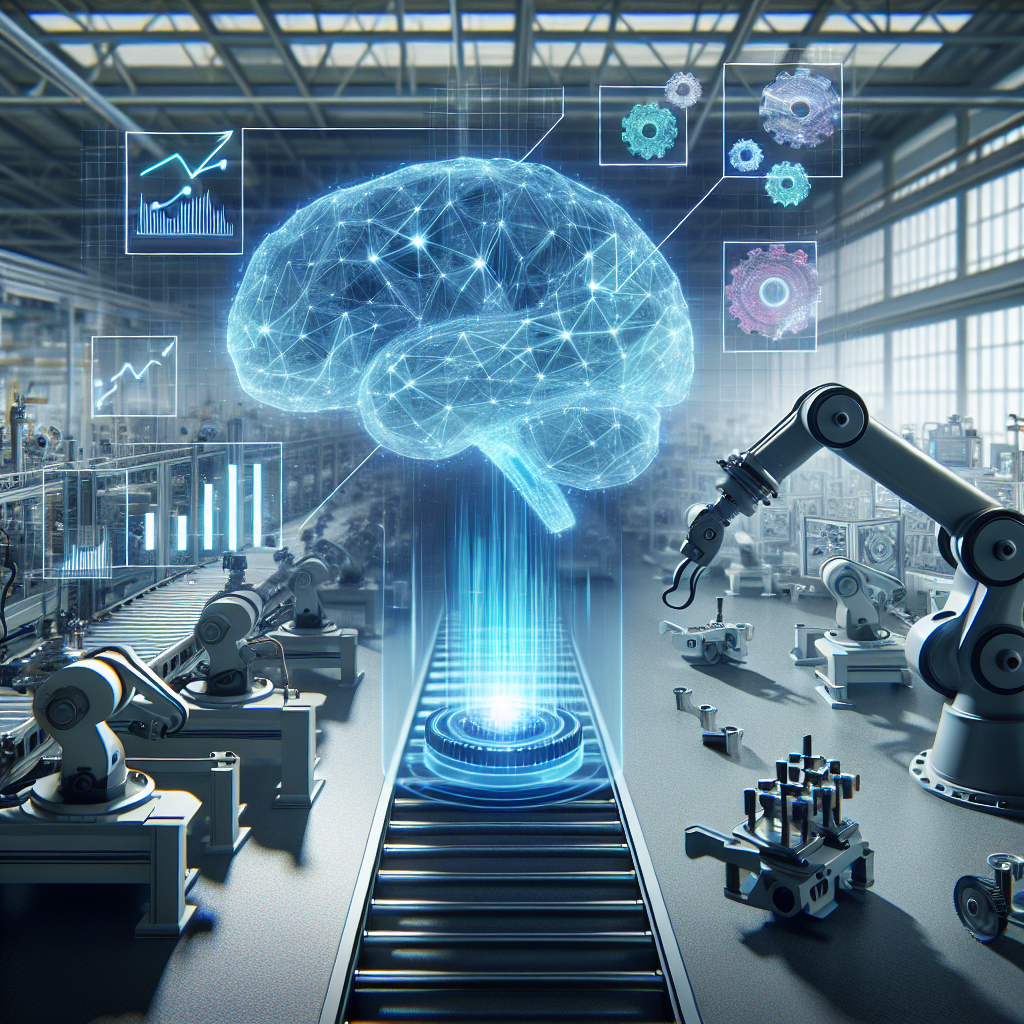In today’s fast-paced and competitive manufacturing industry, predictive analytics has become an essential tool for optimizing operations, reducing downtime, and increasing efficiency. By leveraging the power of artificial intelligence (AI) and machine learning, manufacturers can gain valuable insights from their data to make informed decisions and drive continuous improvement.
Predictive analytics uses historical data, statistical algorithms, and machine learning techniques to identify patterns and trends that can help predict future outcomes. In the manufacturing sector, predictive analytics can be applied to a wide range of processes, such as inventory management, maintenance scheduling, quality control, and demand forecasting.
AI and machine learning play a crucial role in predictive analytics for manufacturing by enabling more accurate predictions, faster analysis, and automated decision-making. These technologies can process large volumes of data in real-time, identify complex patterns that may be missed by traditional analytics methods, and adapt to changing conditions to improve accuracy over time.
One of the key benefits of using AI and machine learning in predictive analytics for manufacturing is the ability to predict equipment failures before they occur. By analyzing data from sensors and monitoring systems, manufacturers can identify patterns that indicate when a machine is likely to malfunction and take proactive measures to prevent downtime. This can help to reduce maintenance costs, improve productivity, and extend the lifespan of equipment.
Another important application of AI and machine learning in predictive analytics for manufacturing is demand forecasting. By analyzing historical sales data, market trends, and other relevant factors, manufacturers can predict future demand for their products with greater accuracy. This can help to optimize production schedules, reduce inventory costs, and ensure that products are delivered to customers on time.
In addition to predicting equipment failures and demand forecasting, AI and machine learning can also be used to optimize supply chain management, improve product quality, and enhance energy efficiency in manufacturing processes. By analyzing data from across the production line, manufacturers can identify opportunities for cost savings, process improvements, and quality control measures.
Overall, AI and machine learning are revolutionizing predictive analytics in the manufacturing industry by enabling companies to make more informed decisions, reduce risks, and drive continuous improvement. By harnessing the power of these technologies, manufacturers can stay ahead of the competition and thrive in today’s rapidly evolving marketplace.
FAQs:
Q: How can AI and machine learning improve predictive maintenance in manufacturing?
A: AI and machine learning can analyze data from sensors and monitoring systems to identify patterns that indicate when a machine is likely to malfunction. By predicting equipment failures before they occur, manufacturers can take proactive measures to prevent downtime, reduce maintenance costs, and improve productivity.
Q: What are the benefits of using AI and machine learning for demand forecasting in manufacturing?
A: AI and machine learning can analyze historical sales data, market trends, and other relevant factors to predict future demand for products with greater accuracy. This can help to optimize production schedules, reduce inventory costs, and ensure that products are delivered to customers on time.
Q: How can AI and machine learning optimize supply chain management in manufacturing?
A: AI and machine learning can analyze data from across the supply chain to identify opportunities for cost savings, process improvements, and quality control measures. By optimizing supply chain management, manufacturers can reduce lead times, improve efficiency, and enhance customer satisfaction.
Q: What are some of the challenges of implementing AI and machine learning in predictive analytics for manufacturing?
A: Some of the challenges of implementing AI and machine learning in manufacturing include data quality issues, lack of skilled personnel, and resistance to change. However, with the right tools, expertise, and support, manufacturers can overcome these challenges and reap the benefits of predictive analytics.

